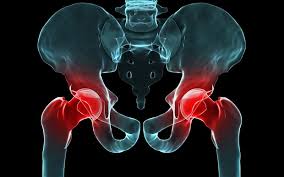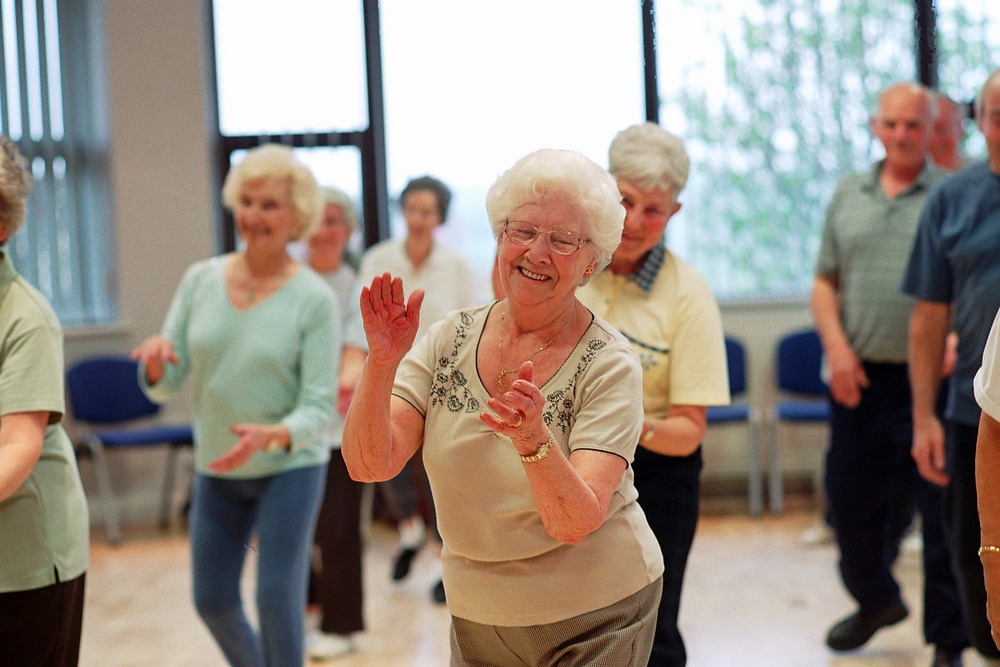Overweight osteoarthritis patients have more pain: study
NEW YORK, Reuters Health - Overweight and obese people with arthritis in their knees tend to report more pain than slimmer people with the chronic joint disease, suggests a new study.
Past studies have found that heavier people, especially women, are more likely to develop osteoarthritis and often have more severe osteoarthritis (OA).
This study goes a step further. It suggests that people with a higher body mass index (BMI), a measure of weight in relation to height, may have more pain than normal-weight people with the same amount of arthritis-related damage.
“My main innovation here was that I wanted to link up BMI, OA severity and pain to try to see what causes the pain,” Elizabeth Weiss told Reuters Health.
Weiss, an anthropologist at San Jose State University in California, studies the bones of past populations. She said that no matter where and when populations existed, osteoarthritis seems to be as common among those long gone as it is today.
Osteoarthritis occurs when the protective cartilage around joints - such as in the hands, neck, knees and hips - starts to wear down. When this happens, the bones begin to rub together, which can make walking and other everyday activities painful.
According to the Centers for Disease Control and Prevention, about 14 percent of adults in the U.S over age 25 have some form of osteoarthritis.
Weiss studied modern people because she wanted to know whether knee arthritis would have caused similar amounts of pain among past peoples who were less likely to be overweight or obese, compared to today's population.
"I figured that if the data showed that BMI was the real culprit of pain in knee OA patients, then past people would not have felt much pain, and for (doctors) it would mean that decreasing BMI would help patients feel better even if their OA was not improved,” she said.
Weiss studied the health records of almost 5,000 people between 45 and 79 years old who were part of the four-year National Institutes of Health Osteoarthritis Initiative study.
Of the participants, 1,390 had already been diagnosed with knee osteoarthritis, 3,284 did not have the disease but were at risk of developing it and 122 did not have osteoarthritis or related risk factors.
Weiss analyzed X-rays to determine the severity of patients’ arthritis and used the health records to gather information on their BMI and pain levels during everyday activities.
She found that patients with a higher BMI reported more pain, even after taking into account the severity of their joint damage.
For each category of arthritis severity, pain scores were substantially higher among obese patients than among normal-weight patients. Scores for overweight patients fell somewhere in the middle.
Excess weight can intensify the amount of stress on the weight-bearing joints of the knees, and without a normal amount of protective cartilage, moving around gets more and more painful, Weiss said in her report. Certain hormones associated with obesity may also play a role in the severity of both knee arthritis and pain.
Even though osteoarthritis is a progressive disease and its effects are irreversible, losing weight should help reduce pain related to the condition, Weiss writes in the journal Rheumatology.
She said weight loss might be the best medicine for people with osteoarthritis and doctors should consider suggesting the strategy as opposed to more drastic treatments such as surgery. Other common arthritis treatments include physical therapy as well as pain relievers and anti-inflammatory medications.
Losing weight could jumpstart a healthy cycle, Weiss said: a decrease in body weight could lessen pain, which in turn might make people more likely to take on more physical activity, resulting in even more weight loss.
It might be difficult for a person who is already experiencing a high level of pain to become active in order to lose weight, however. Weiss suggested trying to lose the weight before starting exercise.
“It is easier to lose weight through dietary changes than through exercise. Small changes can sometimes make big differences,” she said. “For example, drinking water rather than cola or finding ways to increase activity that will become a habit, like parking further from the store entrance or taking stairs instead of an elevator.”
SOURCE: bit.ly/1mK8QcO Rheumatology, online June 17, 2014.

1385290577.jpeg)






Comments
Comments 0